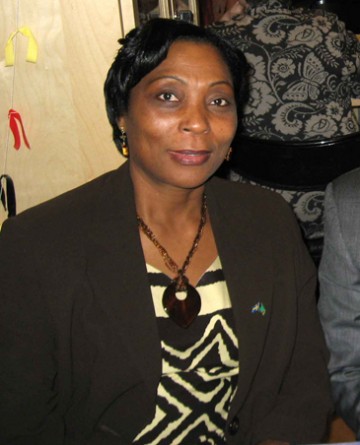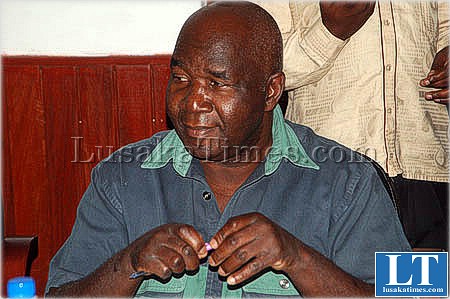The Ministry of Education in partnership with ischool.zm, a private company, has begun piloting the use of e-learning facilities in five primary schools in Lusaka with
intentions of rolling out the programme to all the primary schools countrywide.
And a primary school teacher at Kasisi Primary School in Lusaka, Pai Mudenda, has testified that the introduction of a tablet computer known as Zedupad, that has multimedia lessons loaded on it at her
school, has drastically reduced absenteeism among pupils in the lower grades.
iSchool.zm, a comprehensive online multi-media e-Learning package that is loaded on a simple tablet computer, has been designed to cover the whole of the Zambian school curriculum for teacher plans but also contains interactive learning for students.
The Parliamentary Committee on Education today conducted a tour of some schools that use the facilities to establish how the new programme was being implemented in schools which are being used as pilot project.
The committee visited Kasisi Primary School and Tico Community Centre in Lusaka where they took time to attend classes where pupils were using the tablet.
Committee Chairperson, Christopher Kalila, said implementation of e-learning in schools was important as it acquaints pupils to technology at a tender age which he said was good for the country.
Dr Kalila also observed that the Zedupad was an important device in orienting pupils to the use of Information Technology, noting that the development will enable Zambia to be on the same footing note with the rest of the world.
He stated that the Parliamentary Committee on Education is interested to see how the schools were implementing the programme taking to consideration the use of local language as the medium of instruction in teaching pupils in schools.
And iSchool.zm Business Development Manager, Miyanda Mulambo, has disclosed that the development of Zedupad has taken about five years and over US $6 million has been spent on the development process.
Mr Miyanda explained that experts and teachers have worked hard to produce localised content, with early grades being available in eight local languages.
He stated that iSchool.zm is working in urban and rural schools by supplying equipment and tools along with teacher training, internet access and technical support on mobile devices and on the web.
He said the Ministry of Education has welcomed and approved the
tablets and was working towards rolling out the tablets in all schools
in the country.
The manager added that private schools have also taken it upon themselves to equip themselves with the same pads to ensure that pupils use modern ways of learning.
Meanwhile, a Kasisi teacher has disclosed that attendance in lower grades at her school has improved following the introduction of the tablets in school.
Pai Mudenda, who was found struggling to teach pupils in Chinyanga language, admitted that the device, which has local language content, has been of help to her and the pupils.
Ms Mudenda, who is Tonga by tribe, explained that using local language as a medium of instruction in schools has not been easy for her but very helpful for pupils as they are able to understand quickly.













